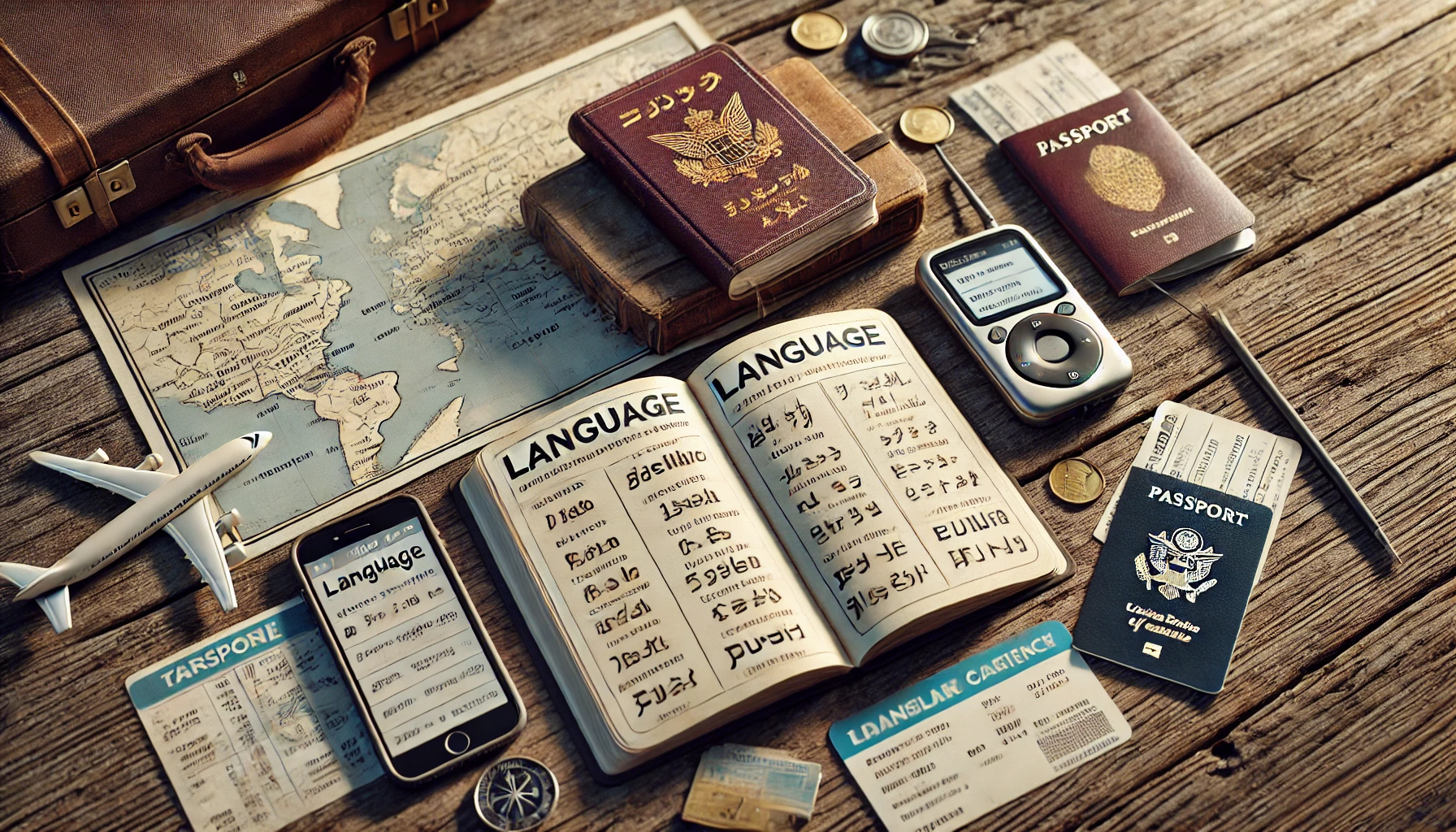Table of Contents
1. Introduction
Learning a language while traveling abroad is one of the most effective and immersive ways to acquire a new language. By being in the environment where the language is spoken, you have the unique opportunity to practice in real-time, interact with native speakers, and absorb the language through cultural experiences. In this article, we’ll explore practical strategies to help you maximize your language-learning potential while abroad.
2. Immerse Yourself in Local Culture
Immersing yourself in the local culture is essential for contextualizing the language you’re learning. Cultural exposure helps you understand social norms, idioms, and gestures that are unique to the language. Here’s how to dive in:
- Attend local events, such as festivals and community gatherings.
- Visit markets, cafes, and other public spaces where locals gather.
- Engage with local traditions and customs to deepen your understanding of cultural nuances.
3. Practice Speaking with Locals
Speaking with locals is one of the most rewarding parts of learning a language abroad. It helps build confidence, improves pronunciation, and enhances your ability to understand natural speech. Consider these approaches:
- Start with simple phrases and greetings to break the ice.
- Ask locals for recommendations in their language—it’s a natural way to start conversations.
- Be polite, respectful, and open to feedback to create a positive exchange.
4. Use Local Media for Practice
Local media is a great resource for improving listening and comprehension skills. Watching or listening to media in the target language helps you get accustomed to the speed, accent, and slang used in everyday conversations.
- Watch local TV shows, movies, and news broadcasts.
- Listen to local radio stations or podcasts.
- Read newspapers, magazines, and books available in the area.
5. Attend Local Language Classes
Enrolling in a local language class can provide structured learning and help you progress faster. Local instructors offer valuable insights and tips that you may not find in online or self-study materials.
- Look for classes at local community centers or language schools.
- Opt for small group classes for more interaction and speaking practice.
- Some classes may offer cultural activities to enhance language learning, such as cooking classes or guided tours.
6. Keep a Language Journal
Maintaining a language journal allows you to record new words, phrases, and grammar structures that you encounter. It’s a powerful tool for review and helps reinforce what you’ve learned during your travels.
- Write down useful phrases and vocabulary daily.
- Note down cultural insights and observations.
- Practice writing sentences using new vocabulary.
7. Explore Local Attractions
Exploring local attractions can be an excellent way to learn new vocabulary and engage with locals. Tourist sites, museums, and guided tours provide a wealth of information in the language you’re learning.
- Take guided tours in the target language.
- Read plaques, signs, and brochures at historical sites and museums.
- Use language-specific guidebooks to learn terms related to history, art, and culture.
8. Conclusion
Learning a language while traveling offers unparalleled opportunities for immersion and practice. By engaging with locals, participating in cultural activities, consuming local media, and taking classes, you can make significant progress. Remember, consistency and open-mindedness are key. Embrace the challenges and enjoy the journey of becoming fluent in a new language.
Traveling provides the perfect environment for language learning, so take full advantage of it. With these strategies, you can enrich your travel experience and enhance your language skills simultaneously.




